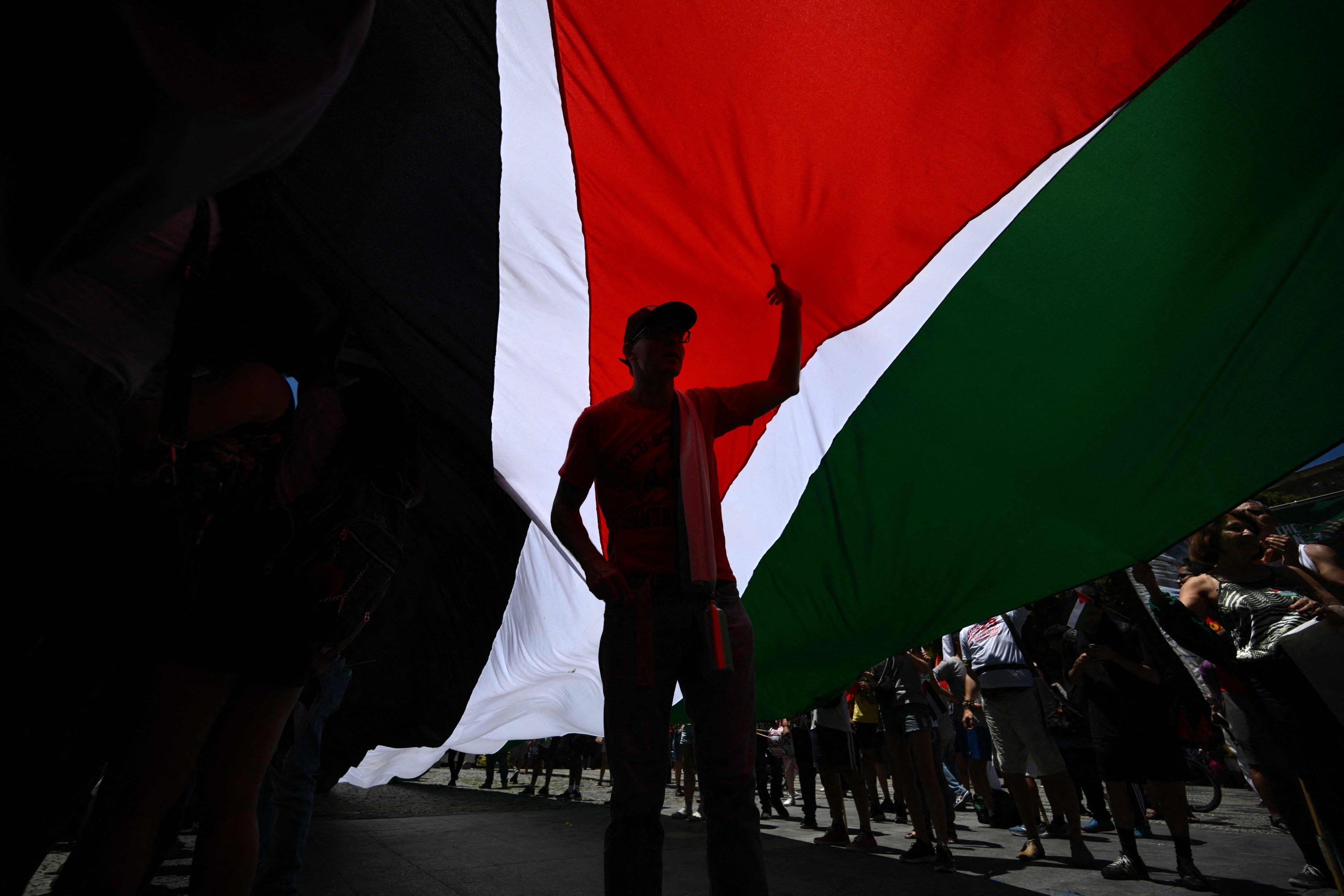© Turkuvaz Haberleşme ve Yayıncılık 2026
World leaders from the G-20 summit in Rio de Janeiro have issued a sweeping declaration addressing a global pact to fight hunger, provide humanitarian aid for Gaza and call for peace in war-torn regions, including the Middle East and Ukraine.
While ambitious in tone, the joint statement left critics questioning its lack of concrete strategies.
The declaration, signed by all but one member, included commitments to explore a billionaire tax and reform the United Nations Security Council, sparking both praise and contention.
The summit, hosted by Brazilian President Luiz Inacio Lula da Silva, faced skepticism about achieving any unified stance amid global tensions and U.S. political uncertainty following President-elect Donald Trump’s victory.
Yet the resulting agreement defied expectations.
“Although generic, it is a positive surprise for Brazil,” said political consultant Thomas Traumann. “There was a real risk of no declaration at all.”
Argentina dissented on several points, citing objections to references to the U.N.'s 2030 agenda and proposals for social media regulation, reflecting the ideological stances of its president, Javier Milei.
The declaration spotlighted the “catastrophic humanitarian situation” in Gaza following the Oct. 7 Hamas incursion on southern Israel.

Leaders emphasized expanding humanitarian aid and reaffirmed the Palestinian right to self-determination within a two-state solution.
However, the document omitted references to Israeli casualties or hostages held by Hamas, diverging from U.S. President Joe Biden’s steadfast support for Israel’s self-defense.
Biden, speaking ahead of the summit, reiterated his stance, blaming Hamas for the conflict and urging international pressure for a cease-fire.
The war in Gaza has claimed over 43,000 Palestinian lives, according to local officials, with significant casualties also reported in Lebanon amid clashes with Hezbollah.
The ongoing war in Ukraine also took center stage.
The declaration condemned human suffering but refrained from naming Russia as the aggressor.
Russian President Vladimir Putin skipped the summit, represented instead by Foreign Minister Sergey Lavrov, avoiding potential fallout from the ICC’s warrant against him.
“The declaration avoids direct criticism but underscores the urgent need for peace,” said Paulo Velasco, an international relations expert. “It reflects Brazil’s preference for neutrality but offers little in terms of actionable steps.”
Biden reaffirmed U.S. support for Ukraine’s sovereignty and announced eased restrictions on longer-range missile usage, allowing Ukraine to strike deeper into Russian territory.
Lula’s flagship initiative – a global alliance against hunger and poverty – garnered support from 82 nations and organizations like the Rockefeller Foundation and the Bill & Melinda Gates Foundation.
Demonstrators in Rio symbolized the crisis with 733 empty plates on Copacabana beach, representing the millions who faced hunger in 2023.
“Brazil has lit a path toward a more just and resilient world,” said Viviana Santiago of Oxfam. “The call to tax the super-rich could set a global precedent.”
The summit reignited debates on reforming the U.N. Security Council, a longstanding goal for Lula.
The declaration supported expanding permanent and non-permanent membership to better represent underrepresented regions like Africa, Latin America and the Caribbean. However, it stopped short of outlining actionable steps.
The U.S. has backed two permanent seats for African nations and a non-permanent seat for small island states.
Meanwhile, competing coalitions, including the Group of Four (Brazil, Germany, India and Japan) and Uniting for Consensus, have clashed over the specifics.
While the G-20 declaration reflects a collective desire for global reform, experts remain cautious about its impact. “It’s more a declaration of intent than a roadmap for change,” Velasco noted. “The challenge lies in translating these aspirations into tangible actions.”
